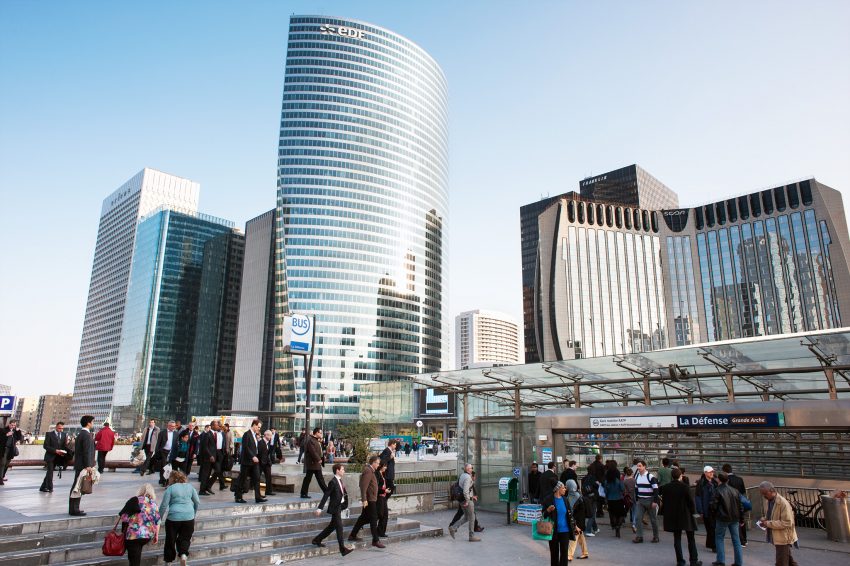
When conducting business negotiations with your French counterparts you need to be aware that you are very likely to come across bureaucratic and centralised decision-making. This is not to say that radical change does not happen but it takes time since traditions are always given precedence.
This importance of tradition is evident in French business protocol, which adheres to persistent formality in the negotiation stages. You cannot change the serious approach that your French counterparts will take and you are advised not to attempt to . In your negotiations, you have to focus on the subject matter of the deal you are discussing and at no point should you bring in other matters such as family as this will, if anything, reduce your chances of getting what you want and also possibly offend your negotiation partners.
During business negotiations, be prepared to answer direct and detailed questions. Your persistence and tenacity are likely to be rewarded since the longer the negotiations continue the higher are your chances of success, since agreements usually take a long time to reach. Because your negotiation partners will want to be comfortable that all risks have been identified and managed or mitigated, it might appear to you that they are making things more complicated than necessary.
A common sign that you have reached a point where your counterparts will not change their position is when they begin repeating their viewpoints. The main way to persuade your counterparts to change that viewpoint is through the use of logical reasoning. Any hard sell techniques or hard bargaining are likely to cause offence and reduce your chances of getting a deal altogether.
Because of the hierarchical structure of organisations in France, once a decision has been reached between those in the negotiation process, there is a high likelihood that your partners will have to go through a similar internal process and therefore even if you have signed a contract, there is a chance that they will come back to re-negotiate it as a result of internal negotiations. This is another reason why you should always try and seek out the top decision maker in the organisation to speed up your negotiations and reduce discussions with intermediaries. However, if you are facing intermediaries treat them with same respect, even though you might be aware that they are not able to finalise the decision on their own. They can help you to reach a positive outcome, but if you offend them this will also be reported and your chances of successful negotiations will be reduced.
When negotiating be upfront about your deadlines and make sure that your counterparts are reminded of them if they are critical for you, otherwise these will generally be regarded as flexible dates.



